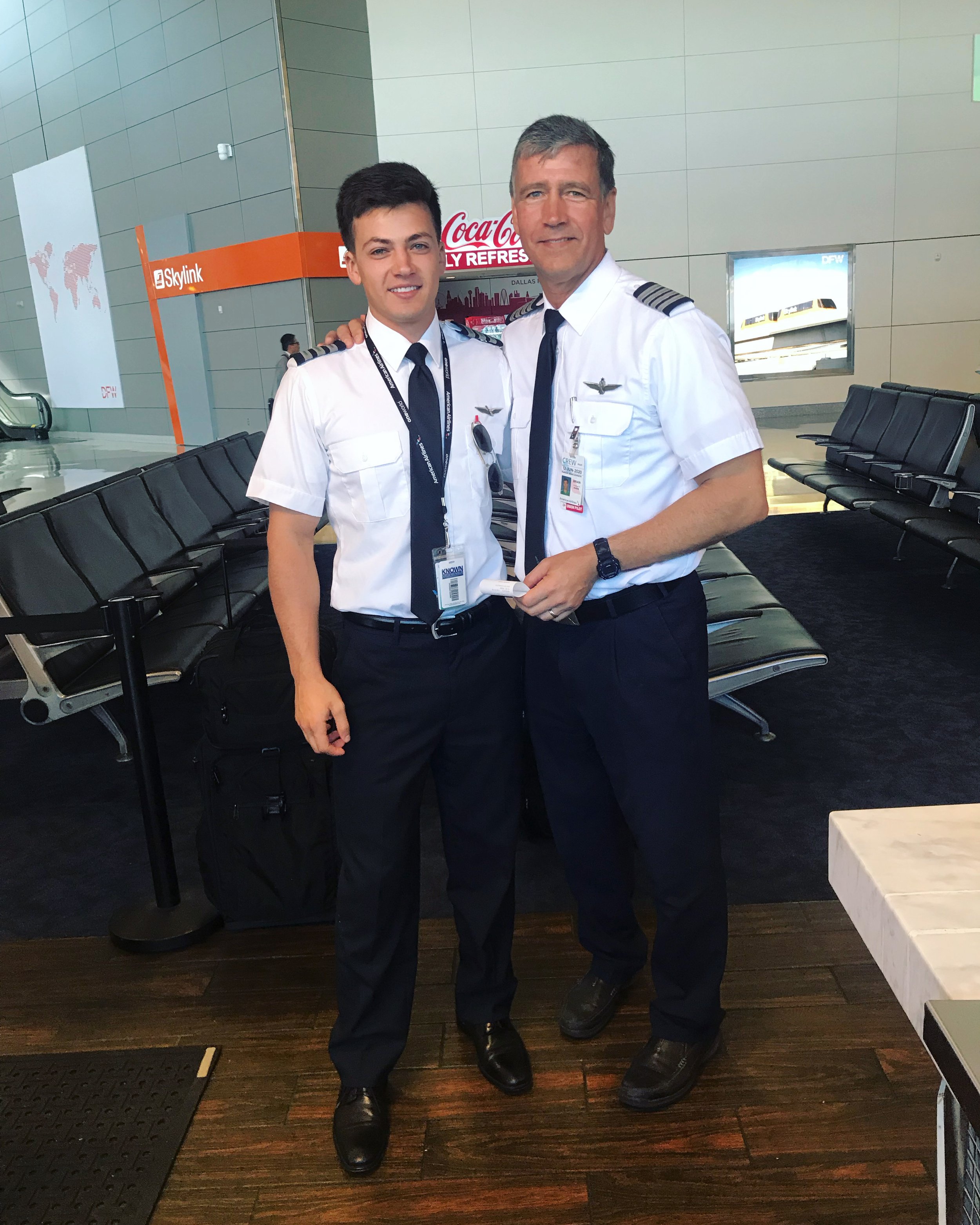Airline Pilot Requirements
What does it take to become an airline pilot?
1. AGE
First, let’s talk age. You have to be 23 to hold an ATP(Airline Transport Pilot) Certificate, however you can get a restricted ATP Certificate at age 21. This basically means that you can be a First Officer but not a Captain. If you start with a restricted ATP, you will have to get the restriction removed before upgrading to Captain. (This is just a matter of paperwork!)
2. Pilot Certificate
To be eligible for an ATP Certificate, you will need a Commercial Pilot Certificate and an Instrument Rating. These are commonly achieved through the course of attending flight school. A Commercial Certificate enables you to get paid to fly and the Instrument Rating allows you to fly under Instrument Flight Rules(IFR).
Once you meet the requirements, you can take your ATP written and practical tests! (These are usually paid for and coordinated by the airline you work for)
3. Flight Time
The main requirement is 1,500 hrs of total flight time. (To see the subcategories of required time click here) The normal path for a pilot to take is to graduate flight school with around 250 flight hrs and then teach as a flight instructor to get to 1,500. Instructing other pilots is a great way to get paid to build time quickly.
There are other ways to build your time such as flying cargo or pipeline operations but flight instructing generally is the fastest route. As a flight instructor it is normal to fly 4-8 hrs a day 6 days a week.
4. First Class Medical
Obtaining your medical is a great first step to the aviation journey. Before you invest money into a career its a great idea to guarantee you qualify medically.
It is a basic physical for the most part, so nothing to worry about for most people, however if you have any conditions that could impact your results it is highly recommended to get help BEFORE you attempt the medical exam. Once you have a negative action in a medical exam it will require much more effort to clear your record than to keep it clean to begin with.
And to answer the most common question, you do not need perfect vision to be a pilot! Many pilots wear corrective lenses.
If you want help with the medical process reach out to an aviation mentor, we are happy to help here at Parrish Aviation!
5. Other
You will also need a radio license (a matter of paperwork and a small fee online) and be “of good moral character”.
Thanks for reading!






